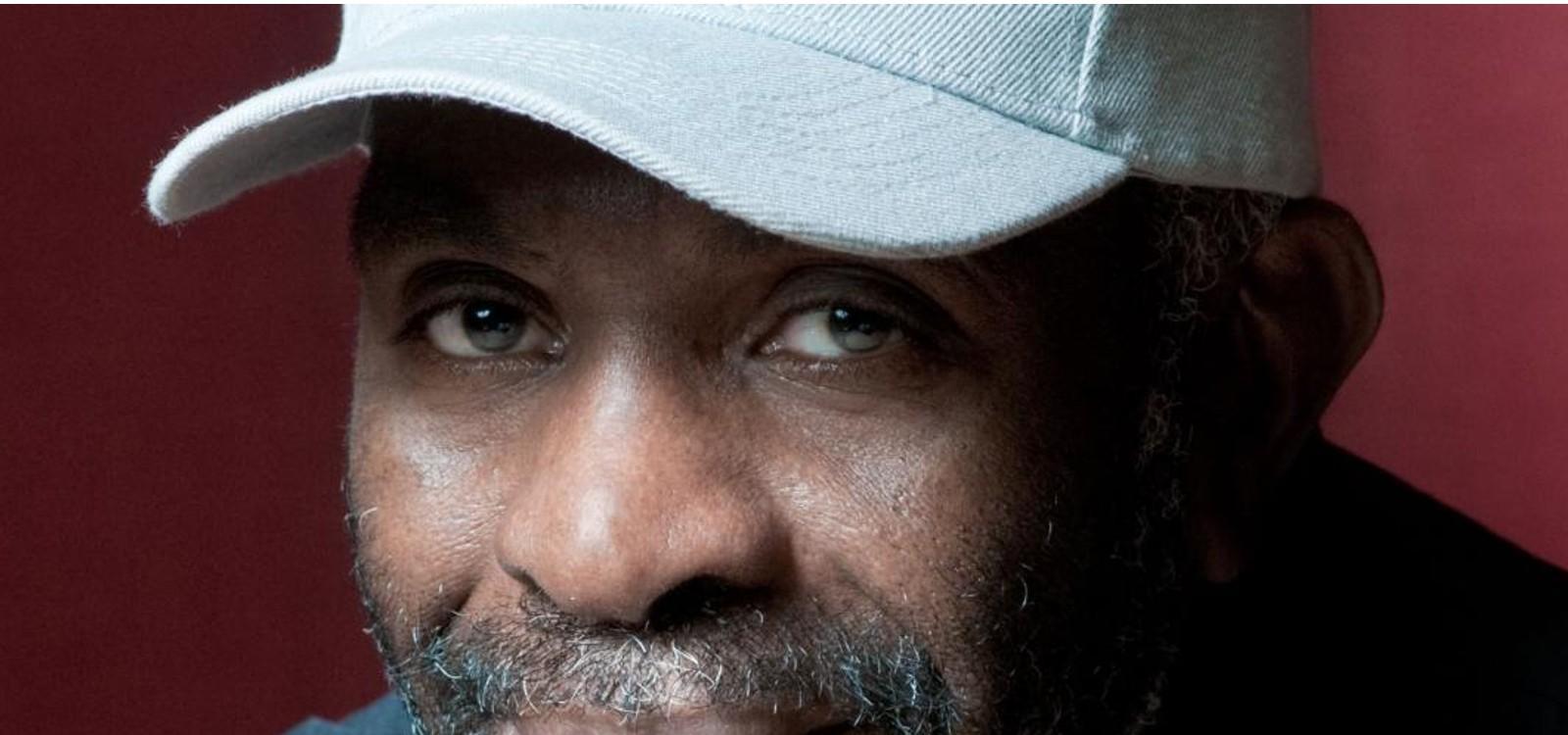Menelik Shabazz - a lasting impact
A year on from the passing of Barbados-born British director Menelik Shabazz in 2021, we’re very pleased to present a newly remastered version of his 1981 film Burning An Illusion, and his 2011 documentary The Story of Lovers Rock as part of our Black History Month season.
We asked film programmer and writer Adam Murray to share his personal connection to Menelik Shabazz and tell us about Menelik’s lasting impact on Black British cinema.
Last year, I was invited by the Independent Cinema Office to contribute to the Black Film Bulletin, to share the Black filmmakers and creatives we were most influenced and inspired by, and whose work, in my opinion, had not yet received the recognition it deserved. I wrote the following:
Shabazz had inspired me as a teenager with a growing need for a sense of Black consciousness
The first person who springs to mind as a long-term influence and inspiration is UK filmmaker Menelik Shabazz. His films – including the award-winning Catch A Fire (UK, 1996) which told the story of Paul Bogle and the 1865 Morant Bay Rebellion, Burning An Illusion and The Story of Lovers Rock – have always been consistent, inspirational and relevant and are well worth revisiting, perhaps especially in relation to the recent success of Steve McQueen’s masterful Small Axe series.
When I started to take a more serious interest in the moving image and cinema in my late teens and early twenties in the early/mid-90s I would read Black Filmmaker Magazine (founded by Menelik Shabazz) regularly to inform myself about what was going on diasporically in the film industry for Black creatives. There was no internet, no blogs and no smartphones at the time, so in addition to attending events and screenings, reading magazines was the only way to find out what was going on.
Two decades later, after a short interview with Menelik for Come The Revolution (Bristol/Birmingham based programming collective), he signed an issue of Black Filmmaker Magazine for me. The editorial of that issue, which was poignant and still resonates to this day, discusses the serious concerns around marketing and distribution for Black films, filmmakers and audiences in the UK: “If it doesn’t exist, create the space, platform and conversation and people will eventually gravitate towards your chosen focus and passion, try and make it happen.” So many of these concerns still exist and Menelik’s work as a creator, filmmaker, writer and editor of BFM had a huge impact on me.
It instilled a real sense of DIY energy in me, a need to reach out to and communicate with other Black filmmakers, writers and creatives. This experience is one of the many magic-moments that informed my praxis and practice as a Black curator/creator. So I thank Menelik for his passion and drive over the years, his kind words of encouragement in 2015 and that golden opportunity to interview him.”
I had no idea that within four months of that article being published, while working on a new film project The Spirits Return in Zimbabwe, Menelik Shabazz would sadly pass away in June 2021.
On a personal level, Menelik Shabazz had inspired me as a teenager with a growing need for a sense of Black consciousness, identity and belonging, the need to see, and be seen on screen, and discover Black UK diasporic moving image and storytelling. As a young adult wanting to study film through a critical Black/BIPOC lens. And in my adult career as a film programmer, having the unique experience of being able to interview him and talk with him about his career and inspirations in 2015.
Menelik Shabazz moved from St John, Barbados at the age of five, becoming interested in video and film production as a teenager, attending London International Film School which led to the creation of his first short film Step Forward Youth (1977), a documentary exploring the first generation of Black, British-born teenagers and their struggle to make sense of and assert their identity in a hostile 70s environment. Shabazz’s early work exists within a flourishing era of Black British creativity between the 70s and 80s, alongside films/filmmakers like Horace Ové’s Pressure (1976), and Franco Rosso’s Babylon (1980). In 1982, he founded Ceddo Film and Video Workshop Collective supported by Channel 4 and the BFI, and co-founded Kuumba Productions, part of a movement that also included Black Audio Film Collective, and Sankofa Film and Video Collective. In the same year, Menelik’s documentary about the Black People’s Day of Action march protesting the New Cross fire in which thirteen young people lost their lives - Blood Ah Go Run - would also be released. In 1999, he also set up BFM International Film Festival.
Burning An Illusion (1981) was the second British feature film by a Black director and The Story of Lovers Rock (2011) was to be Shabazz’s debut documentary feature. It feels timely that as we make a return to watching films together in the cinema that two of Menelik Shabazz’s most impactful and heartfelt works are being screened as part of Broadway’s Black History Month season, celebrating his pioneering work, unique voice, independent spirit and vision of amplifying and creating an intimate and insightful tapestry of Black Britishness on film.
“[Shabazz was] a powerful and faithful servant of our struggles who has more than earned his place in the realm of Ancestors”. –Cassie McFarlane, star of Burning An Illusion
Adam Murray is a Programmer/Writer with Bristol-based film collectives Come The Revolution and Bristol Black Horror Club.
The Story of Lovers Rock is screening as part of our Black History Month season. Tickets are on sale now.
